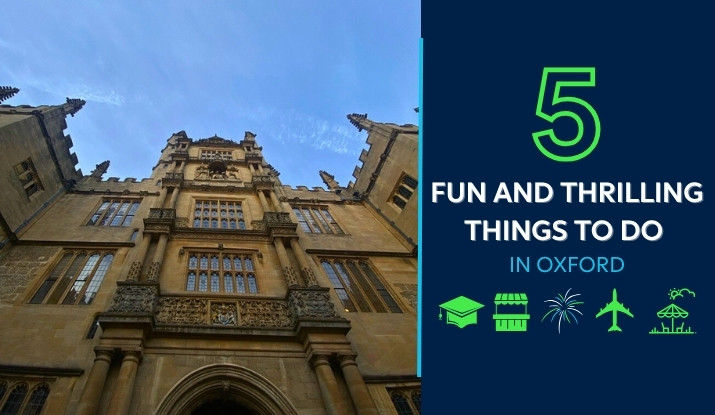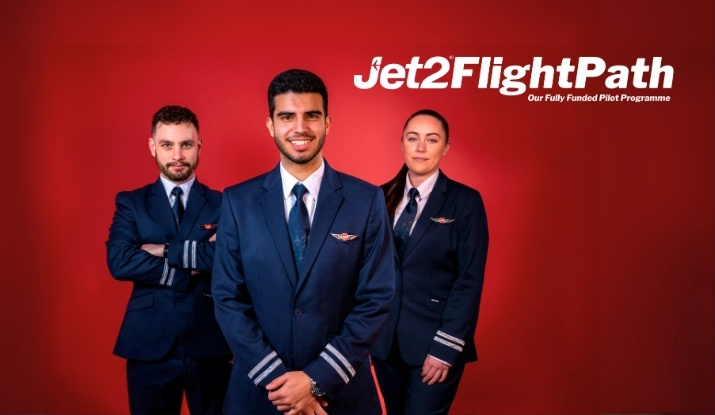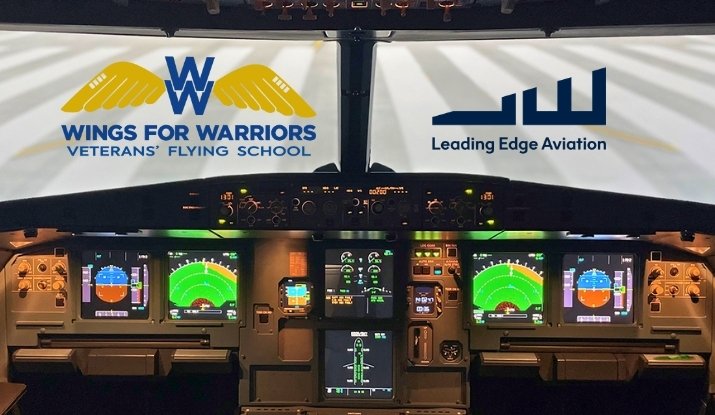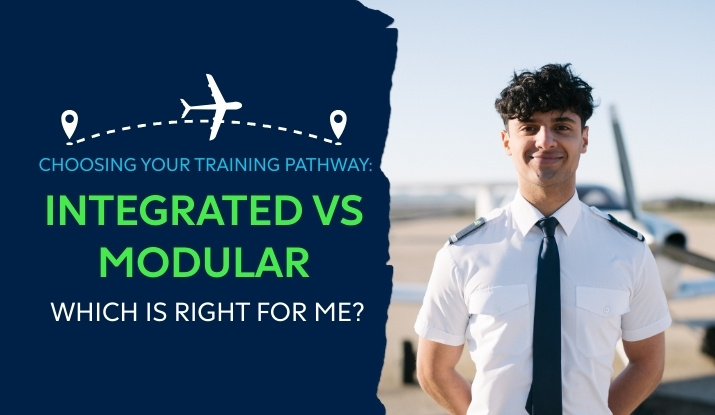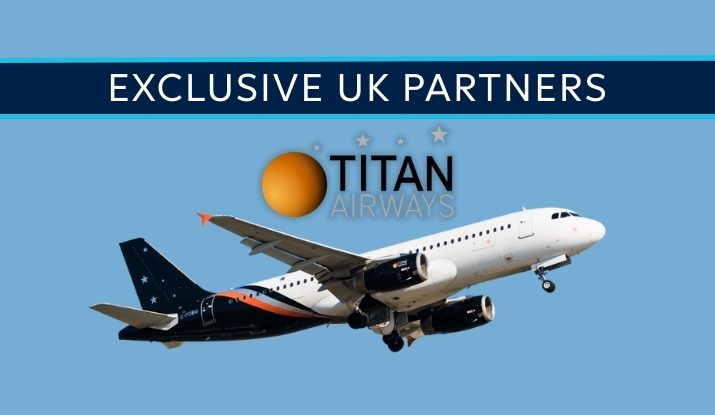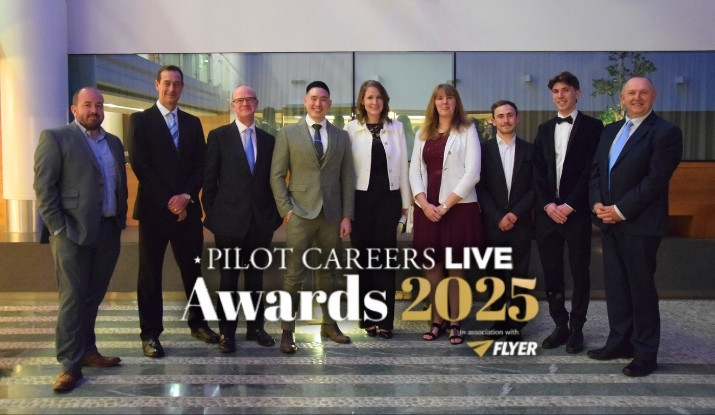There are a lot of considerations when finding the flight school that’s right for you, with the location of the flying phase of training often an important factor that we discuss with people making their choice! With a preference for some aspiring pilots to complete at least some of their VFR flight training in a fair weather location and others who perhaps would prefer to complete the entirety of their flying in the UK, there are a number of arguments for both sides.
For those who consider completing the entirety of their flying phase in the UK, whether that be for personal, or training reasons – there is no doubt that UK airspace presents a number of unique opportunities unlike quieter, perhaps European flying locations – flying In the UK and navigating complex airspace, managing the radio on busy frequencies with a combination of VFR & IFR traffic, all whilst ensuring a good lookout for other aircraft, definitely aid a pilot’s situational awareness and workload management skills. Most instructors will tell you, building experience completing a transit of a Military Air Traffic Control Zone or maybe managing a zone transit at a busy airport like Luton or Gatwick is an invaluable experience in building the core skills required of a competent operator of a commercial aircraft.
At the same time, these opportunities can also present themselves as challenges – with complex airspace and built-up areas perhaps limiting the available manoeuvring area required when in the initial stages of flying, where for an IFR flight this may not be an issue – for initial VFR training the busy, complex airspace can sometimes be overwhelming and limiting! Compared to conventional ‘Fair Weather Base’ flying, there aren’t the vast areas of uncontrolled airspace for inexperienced pilots to hone their craft in the same manner. In addition to this, it’s also no secret that compared to our neighbours on the continent, British weather can be a lot more limiting for VFR flying days… In real terms, found that the UK has between 1,200 and 1,400* hours of sun a year, whereas Spain for example has close to 3,000* hours! During solo flying, poor or bad weather can inhibit a student’s progress, regardless of being rostered 5-7 flights in a week. If a student needs to complete a solo navigation flight and the weather isn’t suitable for sometimes a period of days, it can really slow down the progression of flying, leading to skill fade at an important period of knowledge/ skill consolidation.
On a similar basis to those who want to fly in the UK, we meet a number of students who wish to complete their flying abroad due to the unique benefits that it presents. With thousands more hours of sun, and longer days – certainly, VFR flying is usually completed in a much shorter training footprint than the same amount of flying completed from a UK base. While the radios may be quieter, and the airspace less congested – European airspace can present Its own challenges, with the chance to contend with perhaps more uncontrolled aerodromes, multiple languages being spoken on frequency and even the possibility of flying cross borders and adhering to the various nuances that each country has with their flying. With the airspace generally less controlled outside of aerodrome local areas, over the quieter parts of the continent students have the opportunity to fine-tune their craft, the basics of flying an aircraft – without the risk of infringing on controlled airspace or contending with the same volume of commercial/ IFR traffic that you may encounter in the UK. There is also something to be said about the life skills and experience of living abroad, it is a fantastic opportunity for students to immerse themselves in other cultures, meet people from different backgrounds and build those all-important life skills and experience dealing with the different customs, flying procedures and even ways of doing things, ready for their first airline job!
It’s important to consider perhaps the limitations of completing the entirety of your VFR and IFR flying in quiet, less regulated, southern European airspace. Whilst completing the initial stages of foundation flying in less congested, European surroundings has several benefits, completing the entirety of the IFR phase abroad is perhaps limiting – you aren’t exposed to the busy RT that someone who trained in the UK is, which without exposure can be quite overwhelming! There isn’t the same level of congestion, traffic or even airspace regulation in southern Europe as there is in the UK, if the end goal is to fly for a commercial airline (whether that be In the UK or even a major European airport), having no exposure to the way of UK operations has its risks.
Multi Campus Flying with Leading Edge Aviation
At Leading Edge Aviation, we saw the benefits of both options and decided to combine this in a dual campus training experience. Whether your goal is to fly within the UK or become a Commercial Airline Pilot and travel the world, there are many benefits to a dual campus flight training experience. Ensuring you have the widest experience base during training will give you the very best start in your flying career.
Dual campus flying usually includes a fair-weather option and the benefits to this are many, such as continuity due to perfect weather conditions – little to no cloud, great for foundation flying syllabuses – and quieter airspace – allowing for great student & instructor communication that’s not interrupted by the RT transmissions experienced in busier airspace.
Our students begin their foundation flight training in southern Spain at our Alhama Campus. Here they experience 300+ CAVOK days of perfect flying weather, the fair weather campus is where our students build the core skills required of the airline captains of tomorrow. As mentioned, southern Europe allows students to keep their training footprint to a minimum, consolidate their skills due to consistent weather and have the margin to practice general handling in the plethora of open space there is In Southern Spain. A key consideration for Leading Edge Aviation when selecting its Fair Weather Campus was providing students with easy access to home support should It be needed, with the campus being only a short 2 hour flight back to the UK (with a plethora of low-cost carriers running flights to a number Major UK airports on a daily basis). Our students’ time will come to end In Alhama at the end of their VFR flying phase, upon attaining their Commercial Pilots Licence!
Returning to the UK, Commercial Pilots Licence in hand, students then go on to complete the advanced Flight Training phase based at our headquarters at our Oxford Campus, at Oxford Airport. During this phase students will begin the Instrument Rating training phase, this means they will consolidate the skills and abilities they have gained In Spain, and learn the art of IFR flying, having mastered the physical handling of the aircraft, the task is to then learn the art of flying in the UK and contending with more challenging weather. During this phase, our students are not limited to flying In VFR conditions and (within legal limits) fly in cloud and reduced visibility, learning to fly with sole reference to the aircraft Instruments, as you would In a commercial airliner, ultimately achieving an Instrument Rating allowing them to fly in poor weather, and earning a frozen ATPL (CPL MEIR).
Our Ethos behind a dual campus operation was to keep our training at the Leading Edge of the Industry, equipping our students with core flying skills (achieved in Southern Spain) and then giving them the opportunity to build advanced flying knowledge In UK airspace.
Want to find out more about our dual campus flying? Get In touch today!


